Master your Microbes
- 28 June 2020
- Joanna Rusling
Master your Microbes
So what exactly are Microbes you ask?

Microbes are microscopic creatures - like bacteria, fungi, and viruses - which live in and on our bodies at all times. They can enter our bodies through the eyes, mouth, nose, or genital openings, or through open wounds and bites that leave a break in our skin. Most of these microbes don’t cause any harm, and in fact assist our bodies to digest food, protect against infection and maintain our overall health. However, there are also some ‘foes’ in the microorganism world and illness and fever are a key indicator of our immune system attempting to rebalance a disruption in the microbiome.
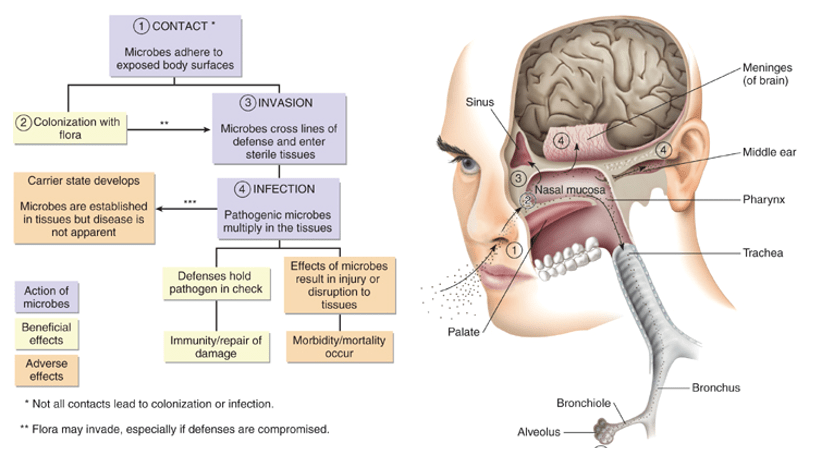
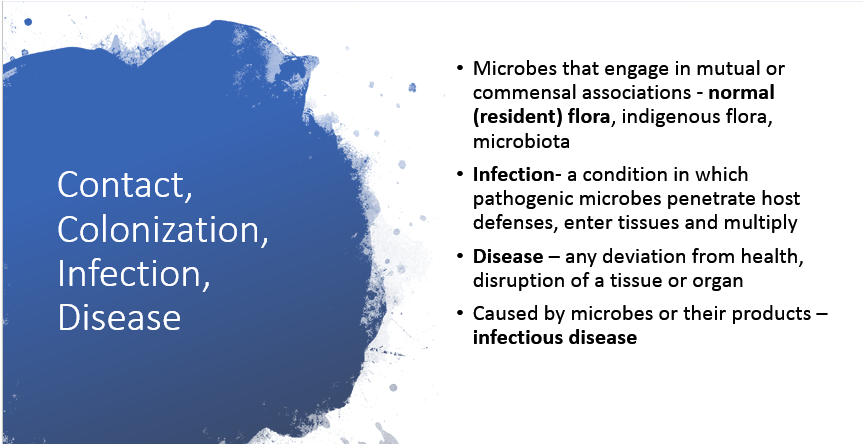
Although in modern times we tend to focus on destroying the bad microbes (such as taking antibiotics when we’re ill), taking care of the good microbes may be even more important.
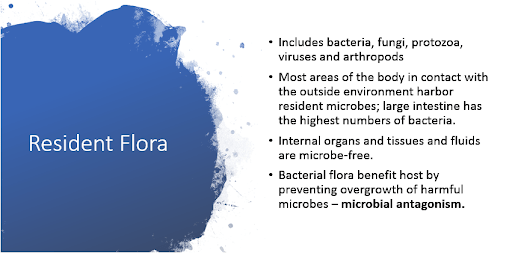
There are four main types of microorganisms in our bodies. They are bacteria, fungi, algae, and protozoans and you may be surprised to learn that microbes outnumber our own cells 10:1.
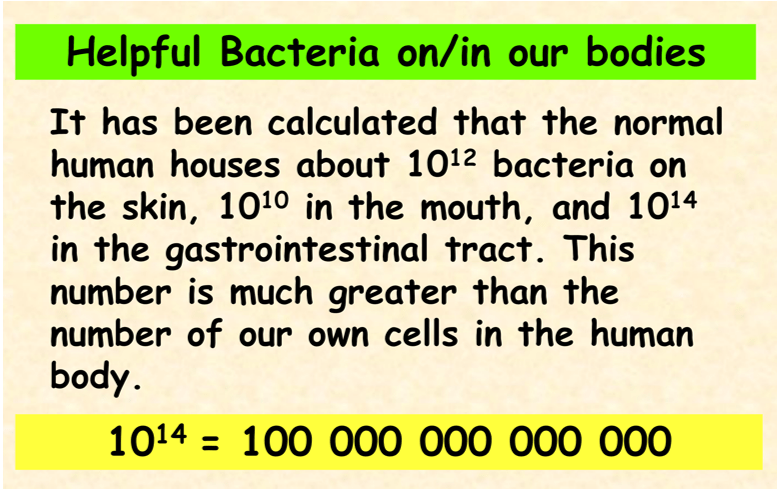
Viruses are also known as microorganisms, although they differ by only reproducing in the body of a host organism such as bacteria, plants or animals. Viruses that infect bacteria, fungi and other microbes can also be our allies.
This poses a good question to ask yourself: Do you have more friends than foes in your microbiome?
Friendly microbes assist us in many different ways. They form part of our immune system and assist us to complete food digestion, crowd out “foes” and keep opportunistic microbes on the straight and narrow. They work to break down dead cells, waste and finish the digestion of our food making it bio-available for effective absorption, which provides our real nutrition. A lack of bio-available nutrients that actually managed to be absorbed and taken into the body is the root cause of all chronic disease. We cannot replace and restore tissues without the necessary building blocks of life.
Microbes produce chemicals to communicate and signal what they want and they communicate with each other. Gut infections can occur with microbes working together to thwart the immune system under a bio-film making them difficult to treat. So, if you’ve noticed you’re craving lots of sugar and white, less nutritious foods - this could be a sign the less-friendly microbes are influencing your choices. Parasites such as toxoplasmosis infect the brain and can change diet choices and encourage ownership of cats! Crazy cat lady is a real thing.
Our relationship with microbes begins from the moment we are born. Natural childbirth assists a newborn to become colonized with good normal flora which leads to a more robust immune system throughout our lives. Pregnant mothers are screened for microbes that could harm a newborn such as Strep B and my require antibiotics during the birth to prevent life threatening infection of the baby. Studies have shown that there are distinct differences in the microbiome profiles of newborns born vaginally compared to those born by cesarean.
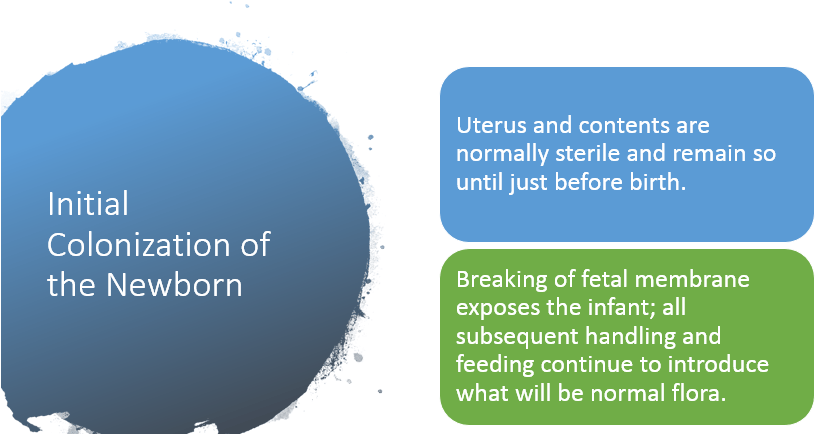
Many cultures pass on healing knowledge and traditions to assist young infants to be supported in colonisation with helpful microbes. Carefully selected soil, plants and seeds prepared into a bath can make all the difference. The Western ways of over cleaning, using chemical cleaners and not allowing children to crawl and interact with dirt and the outside world is having an impact on health outcomes.

It is no wonder that a rise in autoimmune diseases, allergies and inflammatory conditions such as asthma are linked to a confused immune system. Mounting evidence points towards immune dysregulation during the initiation and progression of autoimmune diseases, and gut health is becoming a prevalent indicator for those at risk.
As we get older our cells, organs and organ systems are impacted by ageing and environmental exposure. This can make it harder to control microbial foes as we lose friendly microbes due to toxicity. Research suggests, our use of antibiotics, chemicals, poor diet, and the general lack of replenishing good microbes are contributing to the rise in obesity, cancer, and heart disease.
Although this may seem overwhelming or down right scary, there are ways to manage and maintain a healthy combination of good and bad microbes in and on your body:
Introduce some fermented foods to your diet, by adding a tub of natural pot set yoghurt , kefir, sauerkraut or a glass of Kombucha to your routine.
Increase your intake of Inulin (prebiotic) fibre by eating apples, bananas, Oats, Onion, Garlic.
Consume resistant starches in potatoes, rice, oats, legumes. Resistant starch functions similarly to soluble, fermentable fiber, helping feed the friendly bacteria in your gut and increasing the production of short-chain fatty acids like butyrate.
Avoid antibiotics if possible by leaning toward natural alternatives, such as essential oils as a preventative measure or early intervention
Essential oils have been used for their healing properties and health benefits for centuries. Some well known essential oils, helpful foods and their documented attributes include:
Lavender Oil (Acne, Respiratory Infection, Relieves Stress)
Peppermint Oil (Sinus infection, Respiratory Infection, Relieves Stress, Allergies, Poison Ivy)
Tea Tree/Melaleuca Oil (Bacterial and viral infections, Wound care)
Oregano Oil (Skin, foot fungus, sinus infections)
Colloidal Silver (Wound Care, Bacterial and Viral infections)
Manuka Honey (Skin, ingest for building immunity to pollen allergies)
Garlic (Ear infections, Colds, Flu)
Ginger (Eliminates pathogens in food)
Cinnamon (Candida, athlete’s foot)
To understand the incredible power of essential oils, and if you’re interested in the science behind the theory, you may be interested in this article about the selective antibacterial activity of essential oils. (Written and distributed by Ambrosio, C.M.S., Ikeda, N.Y., Miano, A.C. et al. Unraveling the selective antibacterial activity and chemical composition of citrus essential oils. Sci Rep 9, 17719 (2019).
To try this method yourself, I recommend using doTERRA essential oils to selectively help your body elevate your friendly microbes and reduce the foes. The 30 Day Cleanse and Restore Program uses essential oils and herbal supplements in and on the body in small doses consistently, to assist the body being balanced.
To reap the benefits of a healthy microbiome you’ll need to learn how to cooperate with your body and take notice of your dietary and lifestyle choices. If you incorporate nutritious foods, lessen or remove stressors, and avoid or limit toxic interference you will be on your way to experiencing the benefits of a healthy gut and microbiome:
Increased Energy
Healthy Weight Loss
Decreased Inflammation
Increased Mental Clarity
Regular and pain-free bowel movements
Allergy Reversal and Management
Increased Libido
Clear and Vibrant Skin, Hair, and Nails
Strong Bones
Diabetes Management and Reversal
Cancer Prevention and Management
Pain Management
To help you invest in your health, click here to download an e-Book I’ve created to explain and outline the latest essential oils added to the range in Australia and New Zealand, their attributes, and recipes to promote your microbiome health and balance.
If you’re interested to know more, please reach out as I’d love to connect with you.
Joanna xo
Cover image: Produced by the National Institute of Allergy and Infectious Diseases (NIAID), this digitally colorized scanning electron microscopic (SEM) image depicts four, yellow colored, Group A Streptococcus (GAS), Streptococcus pyogenes bacteria, which were atop the surface of a human white blood cell (WBC), known as a neutrophil. Source: Unsplash/CDC
